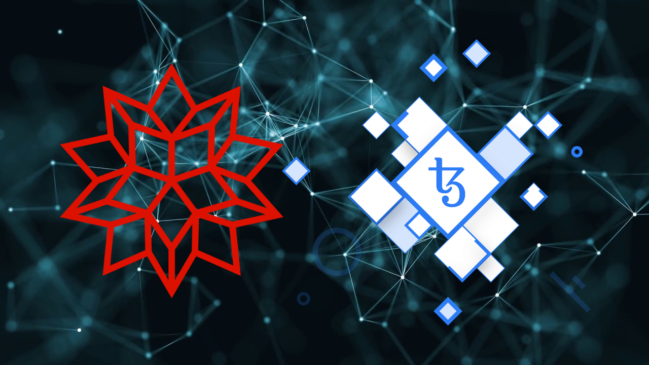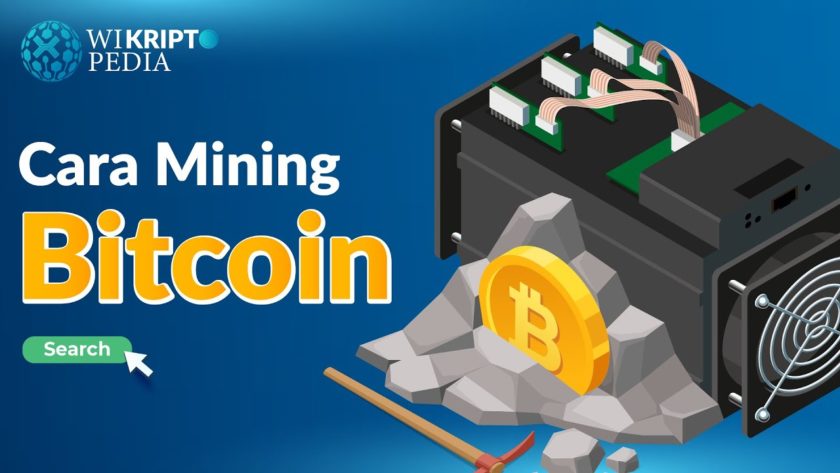Wolfram Blockchain Labs (WBL) and Tezos are forging a full integration of Tezos into Wolfram Language and Wolframalpha. The integration gives easy access to developers that want to interact with the Tezos blockchain and their smart contracts.
WBL-Designed Oracle Expands Tezos Developers’ Computational and Analytical Capabilities
Amid the accelerating race to simplify smart contract deployment, Tezos continues to build on its latest momentum after integrating Wolframalpha and the Wolfram Language via Wolfram’s blockchain.
Wolfram, a renowned computational technology provider, supplies computational languages and answer engines via its own distributed ledger technology. The two-way integration orchestrated by Wolfram Blockchain Labs (WBL) and the TQ Tezos is intended to allow both blockchains to pull and push data from each other.
This integration is made possible by a Wolfram-designed blockchain oracle that allows Tezos developers to tap into Wolframalpha data and computational facts while granting Wolfram users the ability to analyze Tezos blockchain data. An oracle essentially serves as a bridge between two blockchains, allowing a blockchain to pull data from an external source similar to an API via an off-chain transaction.
In the context of Tezos smart contracts, this oracle grants smart contracts the ability to pull computational data from Wolframalpha, like pricing data or other forms that might be needed to satisfy a contract condition or trigger an event. The analytical component of a smart contract can then be more readily automated without compromising security.
More Secure and Reliable Smart Contracts
The secure delivery of computational facts from Wolfram’s algorithmbase and knowledgebase via oracles perfectly complements the Tezos formal verification method, which corroborates smart contract properties’ correctness. Together, this means more shortcuts for developers as they seek to build more secure and reliable smart contracts.
By extension, this expanded functionality not only bolsters the Tezos development ecosystem but dovetails other moves like recent upgrades which have drastically reduced smart contract transaction fees. Moreover, the tie-up enlarges the potential for Wolfram Blockchain users to mine Tezos’ blockchain with statistical queries that effectively analyze smart contract activity.
The self-upgrading nature of Tezos and the constantly expanding toolkit marks another major milestone for this third-generation blockchain. Wolfram has also indicated that developers’ tools would continue to broaden as the collaboration grows amid reports that Wolfram is exploring a role as a “baker” in Tezos proof-of-stake (PoS) blockchain.
What’s next for smart contracts? Where else do you see them being implemented? Let us know in the comments section below.
Image Credits: Shutterstock, Pixabay, Wiki Commons
Disclaimer: This article is for informational purposes only. It is not a direct offer or solicitation of an offer to buy or sell, or a recommendation or endorsement of any products, services, or companies. Bitcoin.com does not provide investment, tax, legal, or accounting advice. Neither the company nor the author is responsible, directly or indirectly, for any damage or loss caused or alleged to be caused by or in connection with the use of or reliance on any content, goods or services mentioned in this article.




